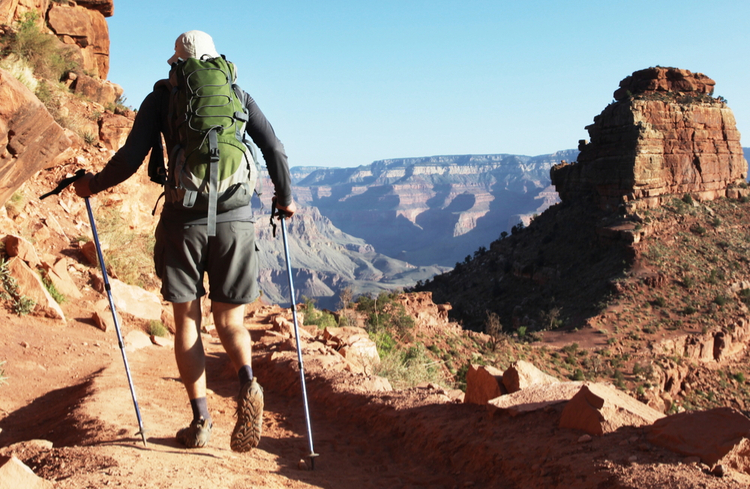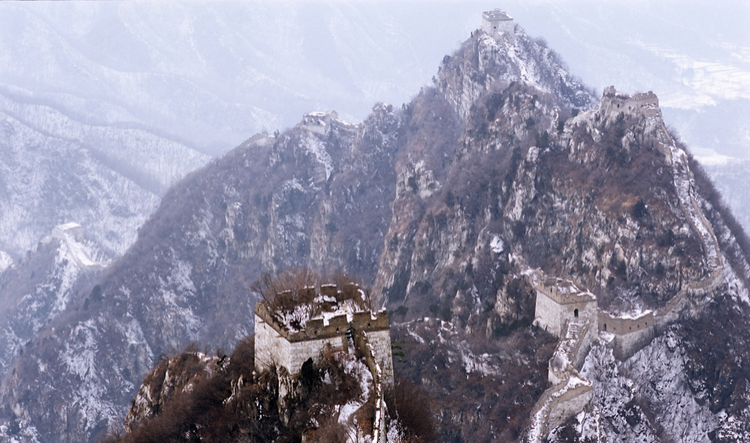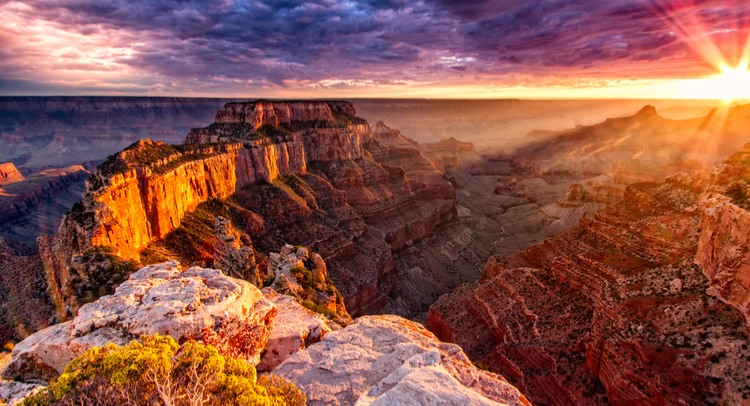Imagine scaling the heights of Mount Everest, or even just Mount Kota Kinabalu in our neighbouring country, Malaysia. How many of us would enjoy the view at the top, basking in the clean fresh air, and admiring the miniscule little objects lying beneath us?
Not everyone, it seems. Did you know that in the 1700s, travellers in Europe crossing the Alps asked to be blindfolded at the highest points of their journey? They were terrified of how large the view was and how far from the ground they were. The experience of climbing a mountain was often seen as an activity that was disapproved, not something to enjoy, and definitely not something that one would do for fun!

Today, mountain-climbing is a popular hobby, lifestyle, and even a job for millions around the world. Since the 1700s, our mindsets towards climbing the mountains have become more open. With increasing receptiveness, it was found that in England, this outdoor sport is now worth 20 billion pounds, or SG$34 billion! But why do people climb mountains, and what does it involve?
For many people, climbing a mountain is a mental as well as a physical endurance test. If you think about it, the top of a mountain doesn’t mean that much—it’s just a patch of rock pretty identical to the one below it! But over time, the idea of reaching the top of something of a considerable height (usually more than 7200 meters), has become more and more important. To summit a mountain can feel like reaching the peak of your achievements—you, literally, can go no higher. This sense of accomplishment drives many to scale mountains every year, even on difficult and dangerous paths.
Another reason people are drawn to mountains is that, over time, we’ve realized how scenic and beautiful the views from the top are. When climbing a mountain, you can often take history lessons of the earth as well, being able to pick out the different layers of rock from different time periods. And even if you can’t, when you look around you can see how land is folded upwards where magma had welled up from inside the Earth. Mountains are proof of the Earth’s flexibility!

Climbing mountains involves a lot of work, time, and money. It is safe to say that with the cost of climbing a mountain, no one wants to cross a mountain in blindfolds now. Even just once in your life, climbing a mountain would be an unforgettable experience. Pushing through the physical exhaustion to reach the top and knowing you can go no further, you look around at the world in a way you’ve never seen it before.
We can liken our education system to the mountain climbing experience. In all that our kids do, it is important that we recognise and promote the effort to attain the highest. While we all try to perfect our scores in our academic subjects, let’s not forget to remind ourselves that that it is the journey that matters. We should all strive to learn as much as we can, to maximise our potential. Modelling this mentality for our kids definitely has its benefits, and kids will then learn that it is the journey that matters, more so than the results.
Like scaling the mountains, the perks of academic success (when attained) lie in the final destination where we can inhale the sweet smell of success, and look down to admire our achievements.
Who We Are
Mission statement – “Empower every student to achieve full potential”
88tuition Pte Ltd offers the best PSLE tuition Singapore for children looking to excel in the PSLE examination. Offering the best PSLE English tuition in Singapore and PSLE Science tuition in Singapore, 88tuition is the go-to option for parents looking for the best PSLE tuition.
Since PSLE examination marks the crucial transformation in the lives of children, 88tuition makes sure the Primary PSLE tuition Singapore module offers a transformational online learning environment. The Primary PSLE tuition online will help children learn all the concepts in Mathematics, Science and English in a well-defined manner.
UEN 201817310C
271 Bukit Timah Road; #03-08; Singapore 259708



